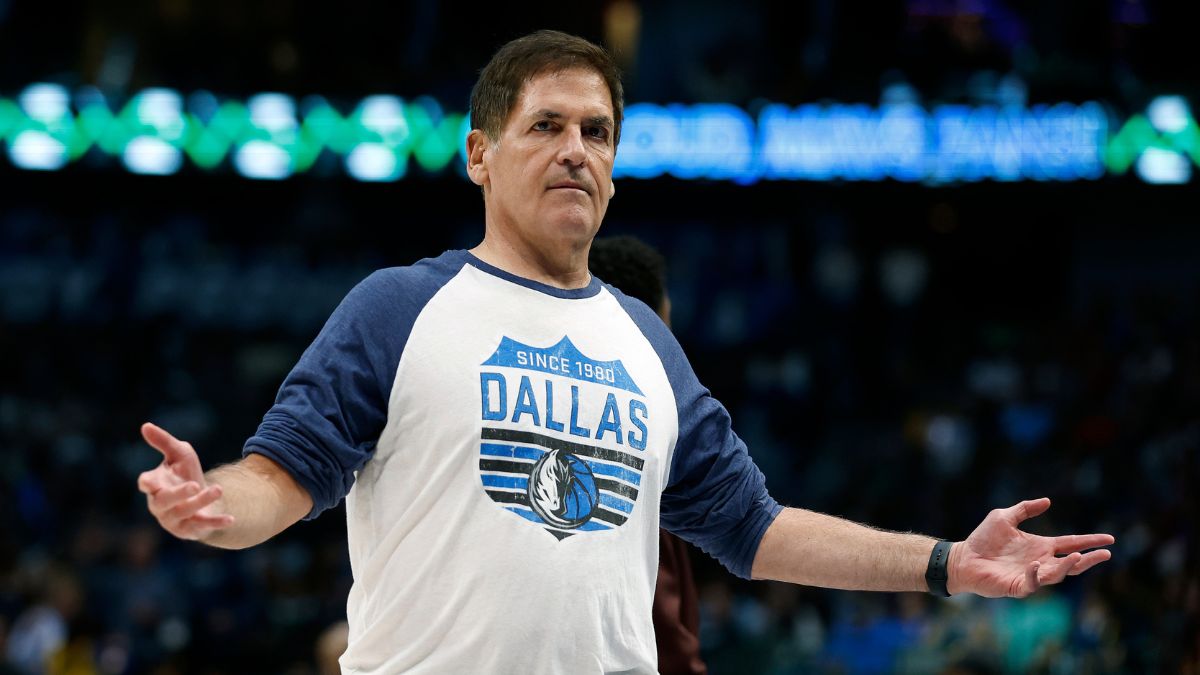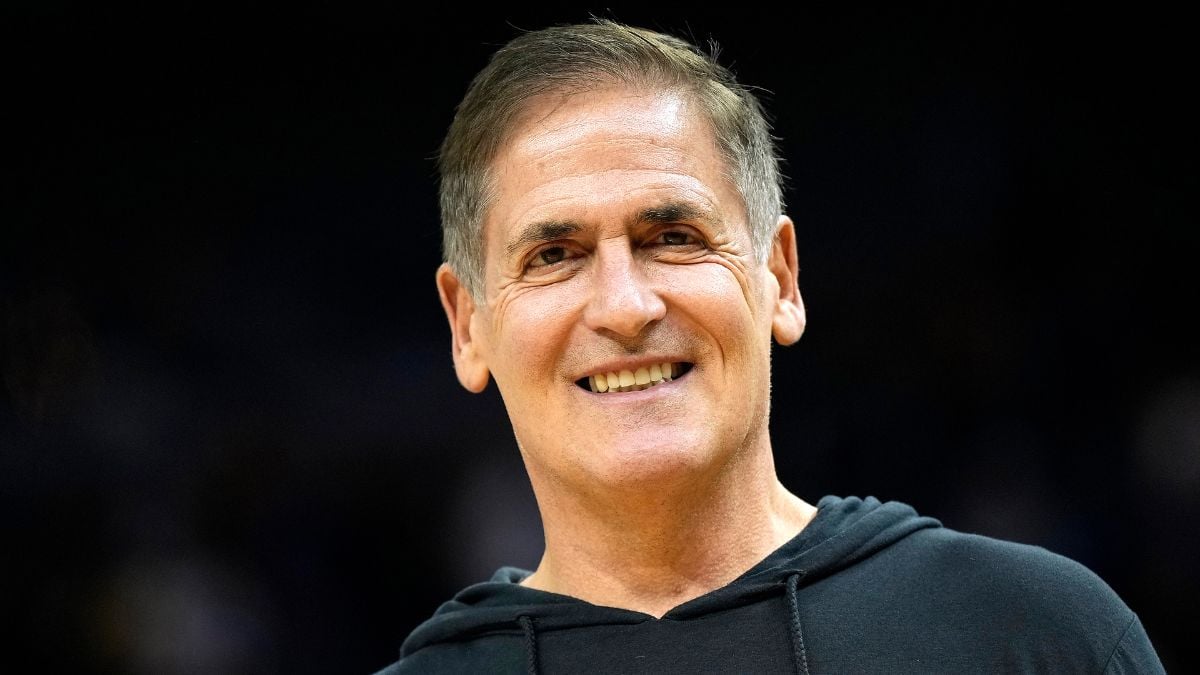Mark Cuban is among America’s most successful businessmen.
The 65-year-old is worth more than $6 billion on his own, all without any million-dollar loans from his parents. All he inherited from them, other than a stable home life and his last name, was a good work ethic and the creativity to turn his early ventures into blossoming businesses.
The ambitious Shark Tank regular was born into a working-class Pittsburgh family, but had business in his blood from the start. He started his first side gig — selling garbage bags — when he was only 12, and by 16 he’d graduated to selling stamps, before heading off to college early and launching into his adult career.
Mark Cuban’s college career

Cuban graduated high school a year early, and shifted over to attend the University of Pittsburgh during what would have been his senior year of high school. He pledged Pi Lambda Phi fraternity and thrived at his new school for his first year, before pivoting to Indiana University for the remainder of his undergraduate. He graduated from the Kelley School of Business in 1981, earning his Bachelor of Science in management and, soon after, launching his first adult business.
During his time in college, Cuban’s entrepreneurial spirit continued to see him pursue various business ventures, including operating his own bar and teaching disco lessons to sororities. The man can find money anywhere.
His time in college gave Cuban the experience necessary to secure his first typical job working for Mellon Bank back home in Pittsburgh. He didn’t stay long, however, and by around two years after graduating Cuban had shifted to Dallas, Texas, where he worked as a bartender, salesperson, and eventual co-founder of MicroSolutions. That was the start of a hugely successful career, one that’s seen Cuban buy up or start more than 200 businesses.
All of that started back in Pittsburgh, and eventually Indiana, where he gained the tools he would lean on throughout his lucrative life. He’s one of few billionaires to be truly self-made, earning his money through tactical, creative ventures and leaning on the skills he learned at those run-of-the-mill, non-Ivy League colleges that helped make him the man he is.

